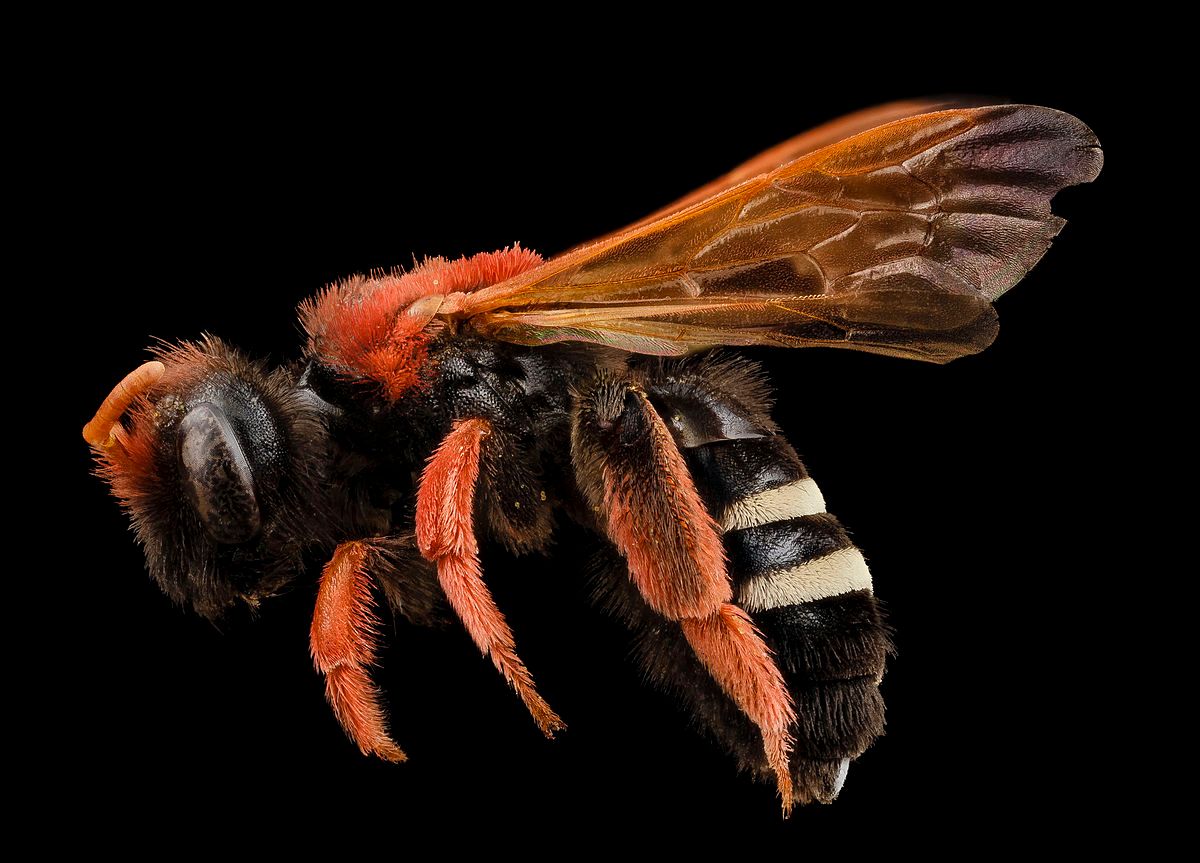Cocaine affects reward processing in the brain resulting in feelings of well-being and euphoria. Because of such effects, the drug is helping researchers interested in how reward centers are related to motivation and learning.
In a controlled experiment, scientists administered cocaine to bees and monitored them as they traveled to different food sources. Upon returning to the hive those bees under the influence of cocaine danced a higher percentage of times (communicating the position of discovered food caches) than the bees without cocaine. They also found that these bees had a higher sensitivity to poorer food sources (with a very low percentage of sucrose).
These results suggest that cocaine skews the bees’ perception of the reward. The bees responded more strongly to poor resources by dancing more often to indicate to their hive that the food source is worth a second trip. Of course, this is detrimental to the hive as they are wasting time and energy to gather food that is not very nutritious.
Because medium to high doses of cocaine can affect insects’ motor control, the experimenters used low doses to try and lessen this effect. On this dose the bees’ did not show signs of motor control changes as drugged bees were not hyperactive and they only danced at socially appropriate times. These observations suggest that the dancing was not caused by motor control over-stimulation, but that it was an effect of reward processing instead.
Interestingly, the researchers also found that learning was not impaired while the bees’ were on cocaine but it was statistically lower while bees’ were going through withdrawal [1] . In a similar study, rats given cocaine and tested on reversal learning after a 30-day withdrawal period had “severe … learning impairments” [2] . Unlike other experiments of the time, researchers tested withdrawal after self-administration of the drug, known as contingent drug exposure. This condition allows the organism to learn the causal relationship between drug and effect and more closely resembles human addiction [2] . The researchers argue that the withdrawal learning deficit may contribute to the characteristic poor decision making of drug addicts.
Many factors contribute to human reward and motivation which can make it difficult to discern the causal relationships between the behavior and stimulus. However, these two studies show that learning and reward evaluation is affected (in animal models) by the presence of cocaine and may contribute to addiction behaviors.
- Barron AB, Maleszka R, Helliwell PG, Robinson GE (2009) Effects of cocaine on honey bee dance behaviour. The Journal of experimental biology 212: 163–168
- Calu DJ, Stalnaker TA, Franz TM, Singh T, Shaham Y, Schoenbaum G. Withdrawal from cocaine self-administration produces long-lasting deficits in orbitofrontal-dependent reversal learning in rats. Learn Mem. 2007;14(5):325-8.
